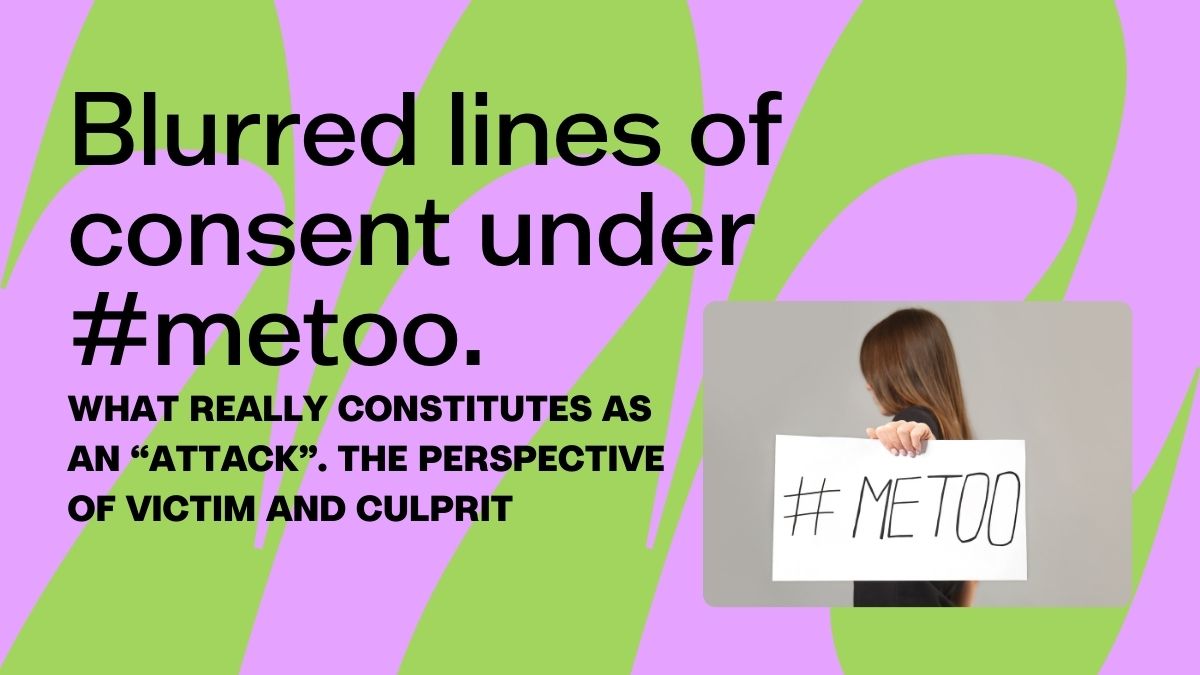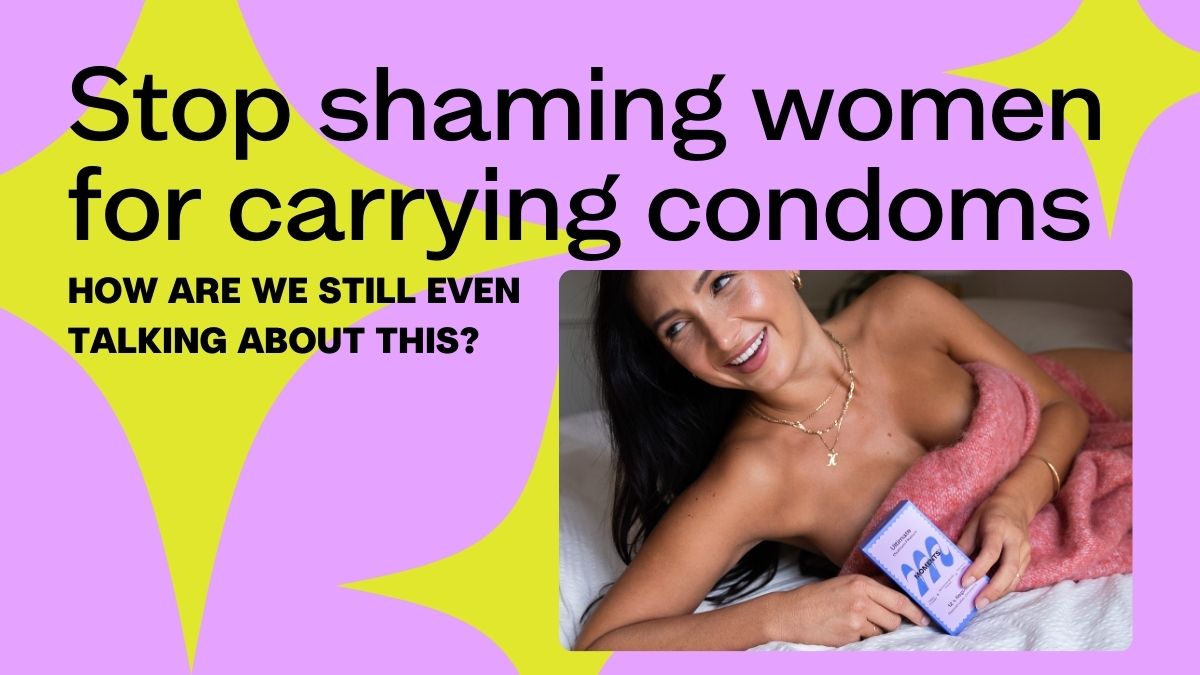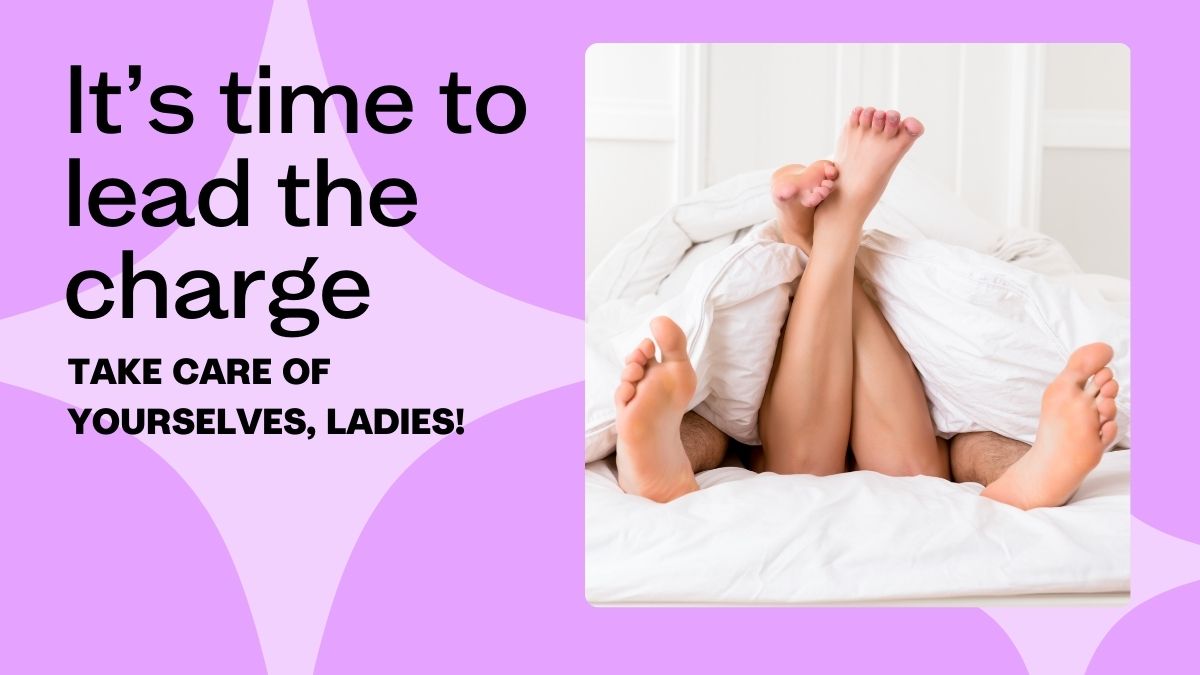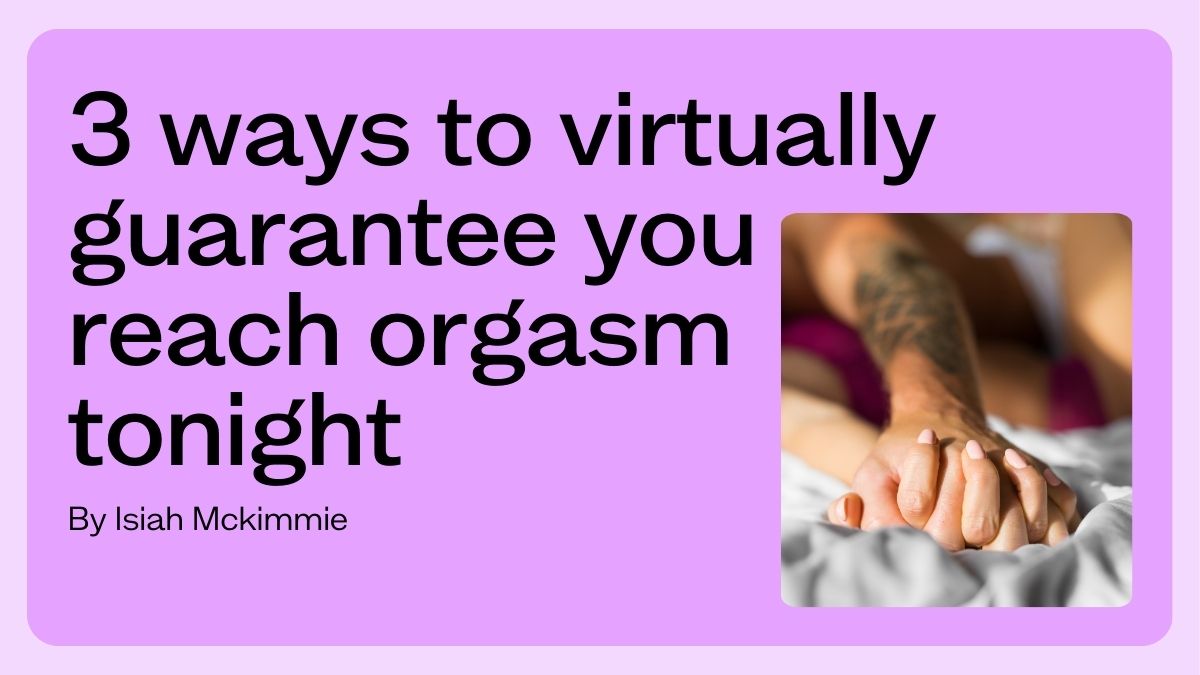
#MeToo
When actress and celebrity Alyssa Milano tweeted on urging people to reply with a “me too” if they have been sexually assaulted or harassed, many women followed suit and spoke their hearts out. What started with the Harvey Weinstein scandal at the Oscars, gradually became a global trend in which women across the globe gained confidence and courage to speak out about their own experiences.
Oprah Winfrey commented:
“What I know for sure is that speaking your truth is the most powerful tool we all have. And I’m especially proud and inspired by all the women who have felt strong enough and empowered enough to speak up and share their personal stories.”
Individual differences
In all seriousness, we must consider what she really meant when she said “your truth”. Every woman and man perceives the world differently and the same “assault” in their own unique way.
#MeToo appreciates the individual experiences of all women. #MeToo does take into account everyone’s individuality, but does it consider that what may be considered sexual harassment for one may not be the same for another person?
Now, we are not trying to oppress the emotions and rights of someone who feels like a victim of assault but it is imperative to understand what constitutes as sexual assault or harassment for a woman.
Yes, various things like groping, forcefully grabbing and push-and-pull are definitely off limits and come under the radar of sexual harassment, however incidences such as hugging, shaking hands, going out of the way to help a female employee, etc. are gestures that can be interpreted in different ways by different women.
The unfortunate dilution of #MeToo
In this article, we seek to objectively and most empathetically deal with the issue of sexual harassment. Feminists across the globe are talking about the sexual health of women, consent, right to say “no” and are advocating how women are still marginalised and judged for their lifestyle choices. #MeToo has empowered the collective female voice but has also created a void in the effectiveness of the campaign because it is difficult to prove incidences of sexual violence.
The grandeur of this campaign having influential men thrown under the speculation radar and not all the accusations are taken seriously and with much-deserved considerations. Critiques have commented that because #MeToo is looked upon more like a pop trend that is increasingly fetching headlines for major media channels, more and more faulty accusations are making an appearance that overshadows the truthful ones.
Along with sexual harassment, other marginal issues such as wage disparity, LGBTQ, discrimination against coloured men and women are getting discussed among women as well as the alleged culprits. Subsequently, the campaign has lost its vigour and effect. Alyssa’s tweet did rekindle issues of sexuality against women, but simply flip-flopped the gender power game.
Blame Games and gender binaries
According to psychologists and gender experts, sexual harassment is when a person uses their gender against the gender of another person in a manner of a power play. This can be translated into incidents of withholding promotions at the workplace to deserving candidates, putting undue work pressure on a single person, accusing them of immorality and queerness in a social order, and even playing the victim card and minoritarianism to get any type of advantage in the future.
#MeToo has given rise to many underlying questions about the power-play between men and women. The power play in the post-truth of #MeToo centres around the heterosexual world and eliminates the struggles and gender issues of homosexuals.
https://www.momentscondoms.com.au/2018/11/stop-judging-women-carrying-condoms/













